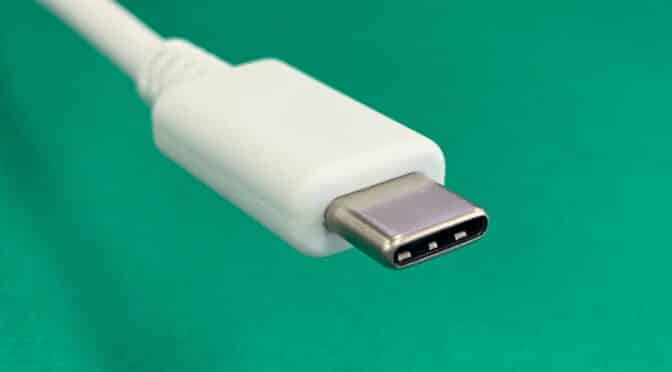In an era marked by innovation and competition, even the tech giants must occasionally adjust their sails in the winds of change. Apple has recently confirmed that it will phase out its signature Lightning connector on its iPhones, a move prompted by the new European regulations. With the EU’s mandate that all smartphones sold after autumn 2024 use USB-C connectors for charging, the countdown for a universal charging standard begins.
Why the Regulatory Push?
The European Union’s decision to standardize charging ports comes from an environmentally driven perspective. Their aim is to:
- Reduce Electronic Waste: Multiple charging cables for various devices contribute significantly to electronic waste. A universal standard can potentially reduce the number of cables manufactured, thus lowering waste.
- Promote Consumer Convenience: With a single universal charging port, consumers won’t have to scramble for device-specific chargers or carry multiple cables.
- Foster Competition: A standardised charging solution can spur competition, driving manufacturers to innovate in other areas of smartphone design and functionality.
Apple’s Path Forward
While Apple’s decision to transition from the Lightning connector is primarily driven by the EU’s regulations, it also presents the company with an opportunity:
- Align with Other Products: Apple’s MacBook and iPad Pro have already adopted the USB-C standard. Transitioning the iPhone ensures a seamless experience across all Apple devices.
- Future Innovations: As previously speculated, Apple may be looking to develop a port-less iPhone relying solely on wireless charging and data transfer. The phasing out of the Lightning port might be a step in that direction.
- Access to a Broader Ecosystem: USB-C is widely adopted in a range of tech products. iPhones having USB-C can potentially integrate better with other tech products and accessories in the market.
Potential Challenges
- Transition Period: The switch may mean that many existing iPhone users with Lightning accessories, like earphones and chargers, might find them redundant. Apple might need to offer solutions or trade-ins for these accessories.
- Market Differentiation: One of the ways Apple maintained its unique ecosystem was through its proprietary ports and connectors. Moving to a universal standard might challenge Apple to find new ways to differentiate itself in the market.
Apple’s decision to adopt USB-C, while regulatory in nature, signifies an important shift towards a more standardised and environmentally conscious tech world. While challenges lie ahead, the move promises a future where convenience and sustainability are at the forefront of technological advancement.

